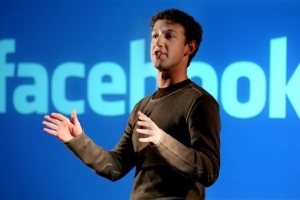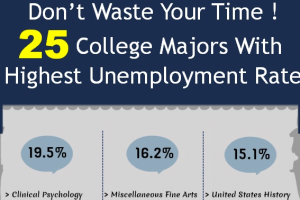“The Internet is showing us what it thinks we want to see, but not necessarily what we need to see.” – Eli Pariser
When Facebook came out with its new “news feed” feature, a journalist questioned Mark Zuckerberg, “Why is this so important?” To which Zuckerberg allegedly responded, “A squirrel dying in your front lawn may be more relevant to your interests right now than people dying in Africa.”
Eli Pariser, international activist, President of MoveOn.org and Chief Executive of Upworthy, a web site for viral meaningful content, takes issue with this answer.
Pariser grew up in rural Maine and says that the internet was what allowed him to connect with the world. In his TED talk titled, “Beware Online Filter Bubbles”, Pariser explains how that has changed and why news feed based on Zuckerberg’s idea of relevancy is problematic.
Pariser, a progressive, had the the feeling that the web results he was being shown in Google were specifically excluding conservative news feed, which he also follows.
To test out his theory, Pariser asked two friends to type “Egypt” in Google and send him a screen shot of the the search results. What he found was astonishing- two completely different pages of initial results. As it was explained to him by an engineer, this is due to the fact that Google now personalizes search results based upon 57 pre-determined signals. These include everything from which type of computer you are using, to your preferred browser to your location, among other factors.
An algorithm then personalizes results for you, thereby creating online filter bubbles which deliver results specifically tailored for you, and just you. In essence, there is no standard Google anymore and it’s not just Google, but also Facebook, The Huffington Post, The Washington Post, The New York Times…basically, all of the information powerhouses which use these algorithms are controlling what we see and what we don’t see.
According to Pariser, the obvious problem with this is that instead of the web introducing us to new concepts which challenge us- those that are uncomfortable for us- we are only being fed what the algorithm thinks we would like. Pariser compares this to a diet heavy on junk food and explains that we need to eat vegetables, too- “the Internet is showing us what it thinks we want to see, but not necessarily what we need to see.”
We leave you with this provocative talk, which is sure to get you thinking.
Team Emagister




Leave a Reply
Want to join the discussion?Feel free to contribute!